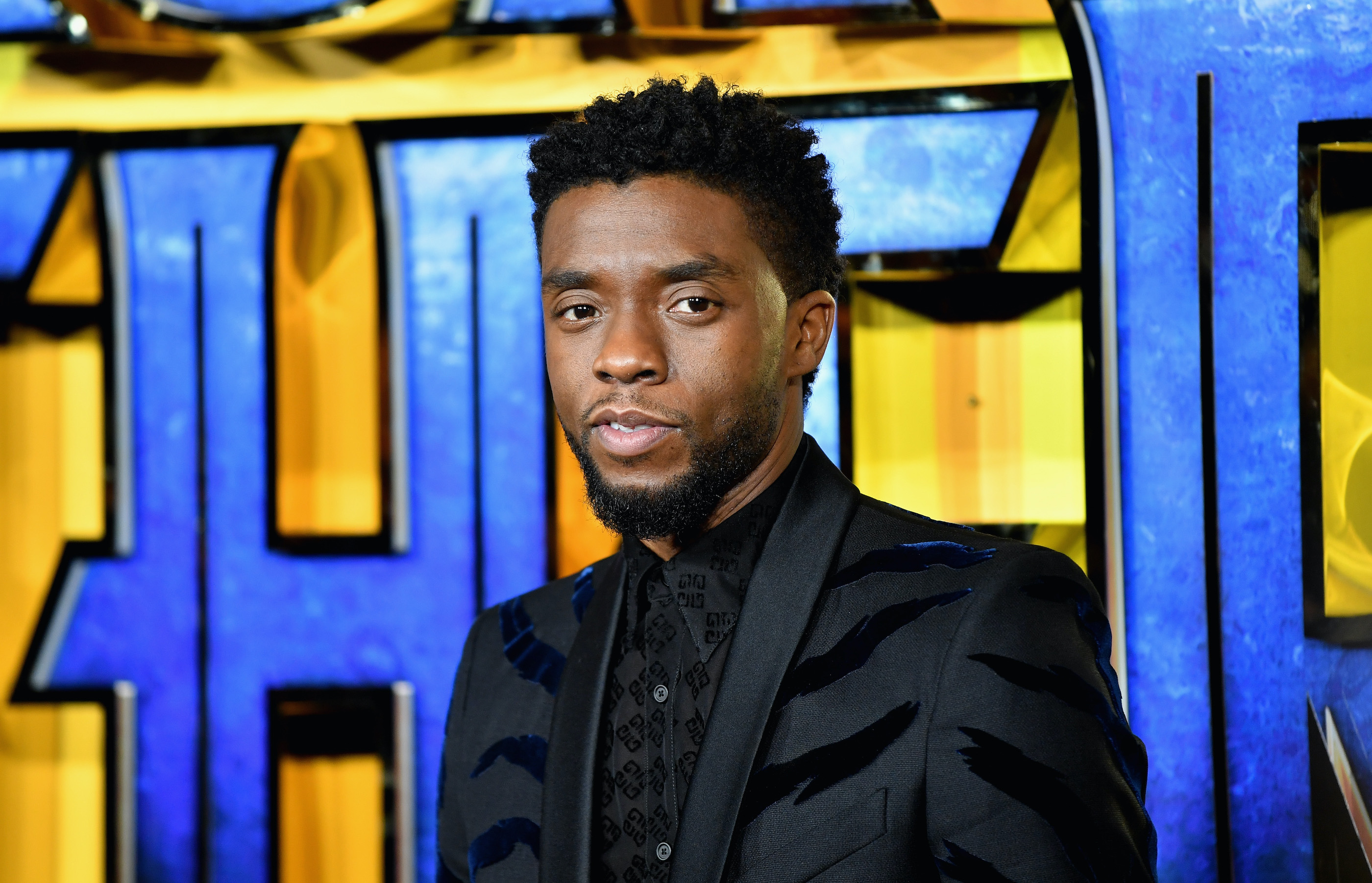Chadwick Boseman Said This Was the Most ‘Frightening’ Thing About Being a Black Actor in Hollywood
Chadwick Boseman was a talented actor and producer. He studied fine arts at Howard University, and, upon graduation, pursued a career in writing and directing. Eventually, Boseman made his way onto the silver screen. Regardless of his acting portfolio, there’s one thing about Hollywood Boseman considered to be so “frightening,” he spent his entire career trying to change it.

Chadwick Boseman died at 43
On August 28, 2020, the talented actor died from cancer. News of his death spread quickly across his social media accounts.
“Chadwick was diagnosed with stage III colon cancer in 2016, and battled with it these last four years as it progressed to stage IV,” the statement read. “A true fighter, Chadwick persevered through it all, and brought you many of the films you have come to love so much.”
Boseman died in at home with his loving wife and children by his side. Boseman’s health only recently became a concern to fans and media outlets. Boseman rarely talked publicly about his illness, so the news of his passing came as a shock to many fans.
Chadwick Boseman was a Marvel star, but he also worked on several other films
Boseman might be best known for his role as T’Challa, the Black Panther. He made his debut in the Marvel Cinematic Universe in Captain America: Civil War, later reprising the iconic part in Black Panther, Avengers: Infinity War, and Avengers: Endgame.
Marvel has plans for Black Panther 2. At this time, it’s unclear how they’ll cast the iconic role.
Outside of the MCU, Boseman had several other revered parts. He started acting on the soap opera, All My Children, then began landing roles in series like Lincoln Heights and Persons Unknown.
Later, Boseman starred in films like 21 Bridges, Marshall, Da 5 Bloods, and 42, a biopic about baseball legend Jackie Robinson.
Chadwick Boseman saw limited space for Black talent in Hollywood
In an interview with the Off Camera with Sam Jones podcast, Jones recalled a joke Boseman once made about actors named Chris in Hollywood.
“You said that, ‘There seems to be room for so many white actors to get jobs and get billboards and become the guy — so many, in fact, that there can be a Chris Pine and a Chris Pratt and a Chris Evans,'” Jones recalled.
“I love all of them, by the way,” Boseman clarified.
At the time, Boseman’s point was that, while there was room for him as a black actor in Hollywood, the availability of roles open to him was limited. Meanwhile, for actors named Chris in Hollywood, there always seemed to be an open slot.
Chadwick Boseman was frightened of being compared to other Black actors
Throughout the podcast, the two discussed how, historically, storytelling and filmmaking have been told primarily through the white perspective. Boseman sought to change that.
“There is this thing of, if you’re making movies and you’re doing well, people start to say ‘Oh, he’s the next guy,’ or they even go as far as to say ‘Oh, he’s the next Denzel.'”
Boseman said being constantly compared to other black actors was one of the most “frightening” things about Hollywood.
“Denzel is literally the only Denzel there will ever be,” he explained. This reduction of what Boseman was capable of as an actor went beyond casting directors and film executives. “The African American community does it [too],” Boseman continued.
They’re the ones online saying that and making your success be based upon the idea that there could only be one of you. It’s part of what Hollywood has done to our minds. It’s made it where we all think that only one of us can exist.
I relish the fact that — when I’m shooting Black Panther, I’m shooting it with Michael B. Jordan.
We can co-exist.
That negative, debilitating, and overall frightening mindset is something Boseman sought to change in Hollywood.
“I root for Idris Elba,” he said. “I root for David, [and] for Michael — I root for everybody because I know if they do well, it presents an opportunity for me as well.”
In seeking to work amongst and not against his colleagues, Boseman was hopeful Hollywood would adapt. Boseman wanted everyone to see how movies with all-Black casts could and would do well, creating more opportunities for all.


